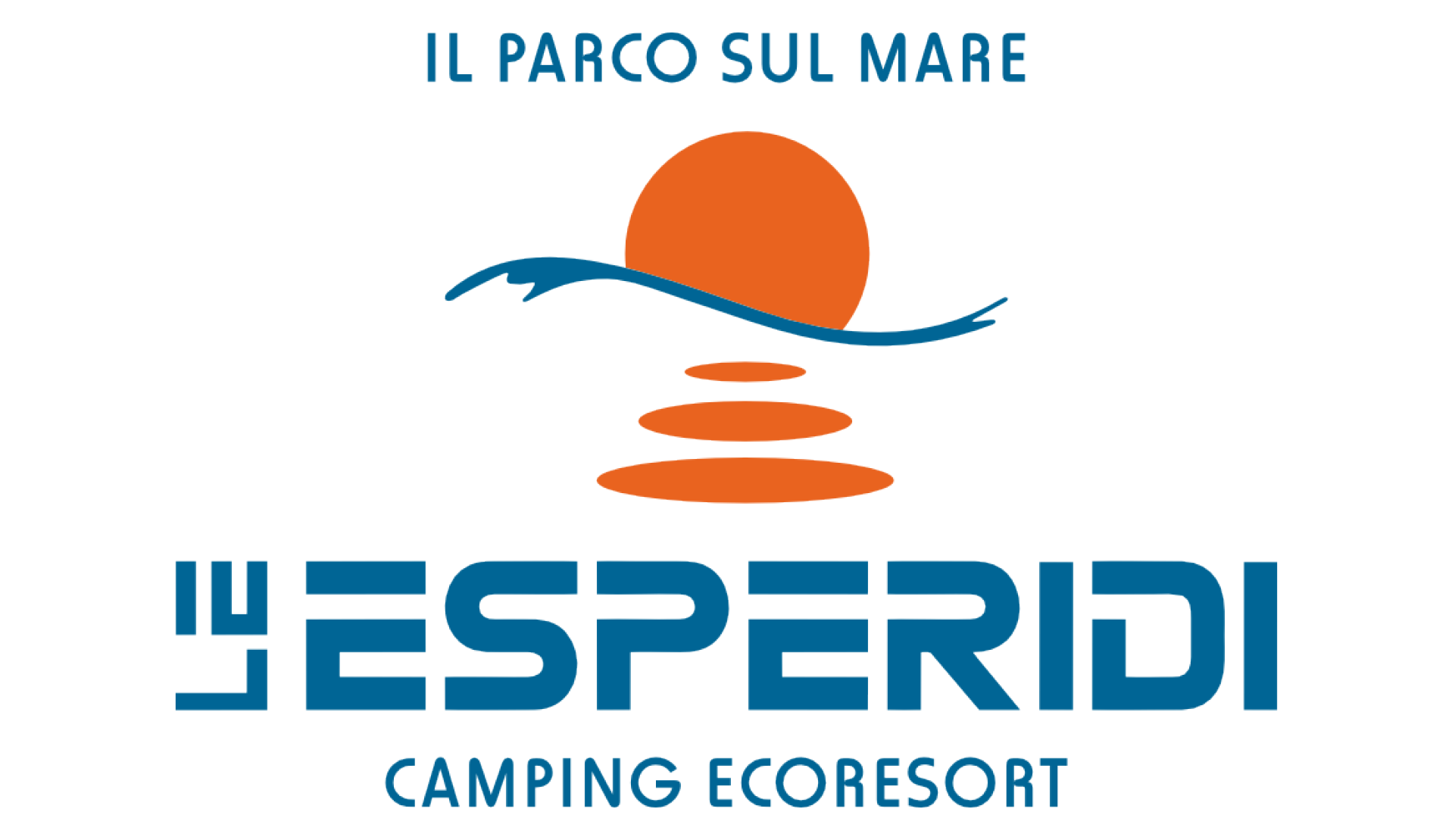Justseparate-Summer 2025
The project “Justseparate-Summer 2025” has been a success. Coordinated by Professor Alessandro Gabbiadini, a lecturer in the Department of Psychology at the University of Milan Bicocca, the field research ultimately involved 4998 guests at the “Le Esperidi” Eco-resort Camping Village in Marina di Bibbona, including 1086 children aged 4 to 11 from the Miniclub alone (the actual number was much higher). In total, 2700 questionnaires were completed and returned, demonstrating a growing interest in eco-sustainable behaviors, starting with separate waste collection, the central theme of the research. In this interview, Professor Gabbiadini draws conclusions from the intense summer work.
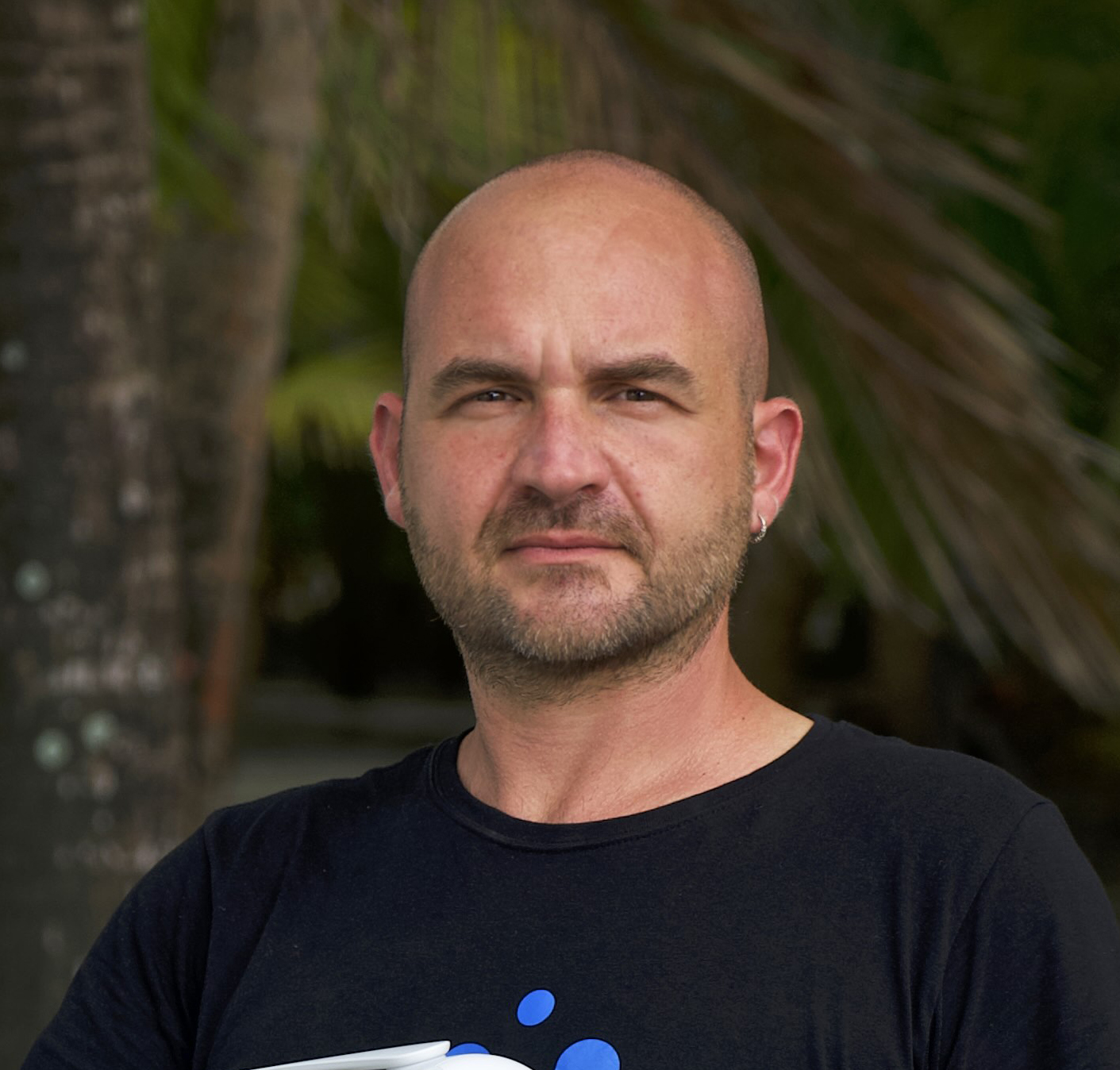
Professor, why did you choose the Le Esperidi Eco-resort Camping Village for your experiment?
“For two reasons. The first is that it’s an environment that lends itself very well to field studies given the naturalistic context; the second is personal, of affection, because I practically grew up here. In essence, two lines merged: research and the affective one.”
You said Le Esperidi lends itself well to field studies. Why is that?
“I’ll answer by starting with an example. In psychology, we can study the psychological benefits derived from contact with greenery and nature in a laboratory, by recreating the environment with virtual reality. But everything changes in a real context, because you can collect data on people who are genuinely in that context.”
How were the responses here in Marina di Bibbona?
“I would say good. From the elements analyzed, about a quarter of the people who were present during our stay—in July and August—stopped by our info-box. This allowed us to talk to them, collect data, disseminate information, and also do what we call the third mission, which is engagement with the civilian population and not limited to academics or scientists. When we planned this initiative, we estimated involving at least 10% of the population; we reached around 23-24%, so I would say that’s good.”
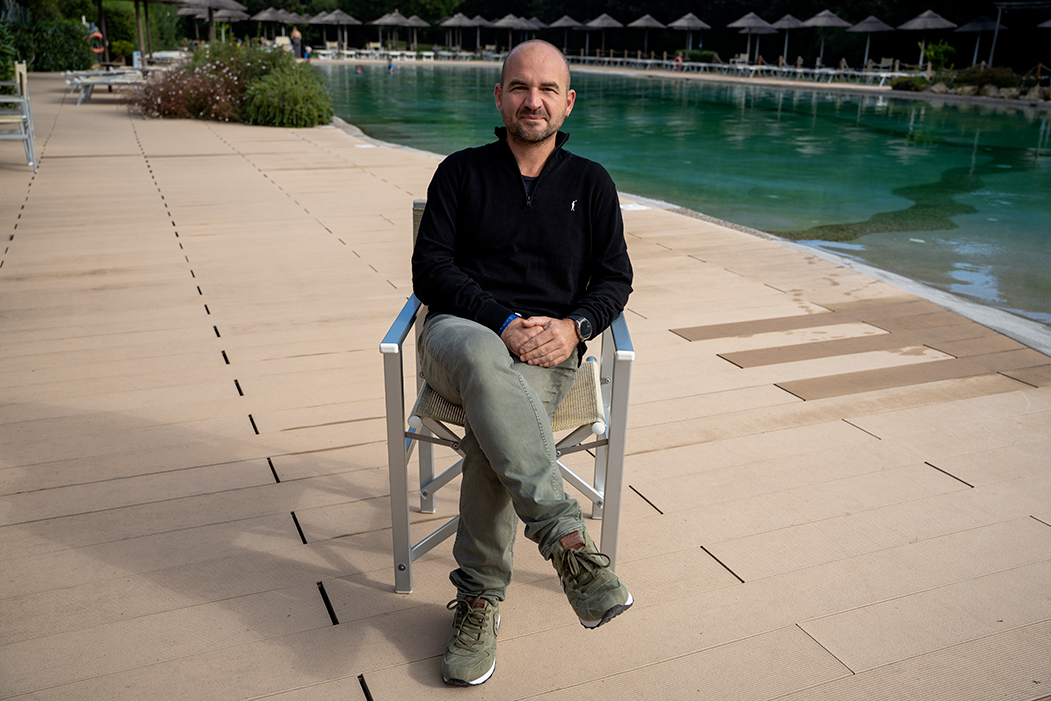
What is the scientific value of the collected data?
“In September, the collected data were already presented at a conference of the Italian Psychological Association, and have been submitted with the possibility of presentation at two international conferences: one by the European Psychological Association and one by the Applied Psychology Association, which, incidentally, will be held next year in Florence. We are writing the first two scientific articles, precisely because the added value of collecting data in a real context is something that rarely happens, not to mention the two dissertations developed and written on the camping experience. The added value, also in terms of scientific publications, consists of having involved people outside the classic circuits, from 18-year-olds to 87-year-olds, very transversal in socio-cultural terms, education, and heterogeneous in nationality. A great snapshot.”
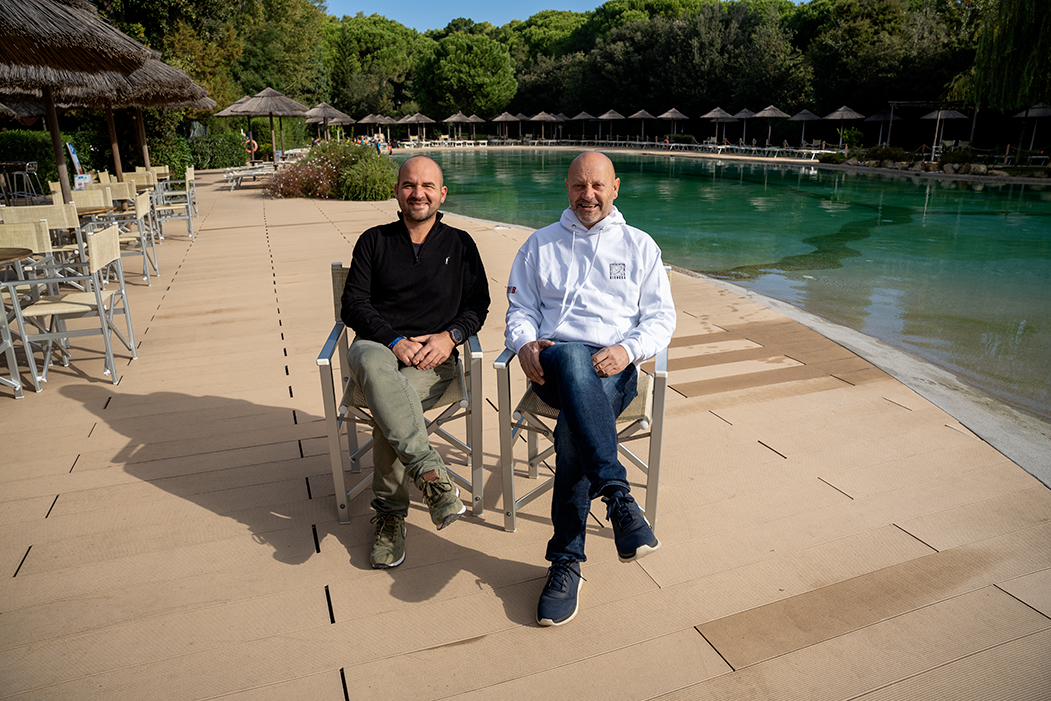
Do you think this experience can be repeated?
“Absolutely yes, in the sense that we are already working on proposing a version for 2026, obviously always within the theme of sustainability, the relationship between people and nature, touching on other points; this year we only addressed some of them.”
Your experiment was also intriguing for another aspect. Usually, people on holiday go to relax and generally avoid in-depth work, commitment, or the idea of being involved in any project. Did you sense any annoyance?
“I’d say no. Our biggest fear was also setting up a machine that wouldn’t then resonate with people: we’re on holiday, at least don’t make us think here… and so on. However, you can count on the fingers of one hand the times we encountered a denial. If anything, the opposite is true, as many later came to thank us for making them reflect and deepen their relationship with the ecosystem through more sustainable behaviors.”
That’s also thanks to the children, who led the way for their parents.
“Absolutely yes. In fact, this year we decided to carry out playful-educational activities with the children, not research, but next year we would like to do research with them too, obviously in a completely different way than how we work with adults. But it was a pleasant surprise, because especially during the high season, the people who frequented our kiosk the most were the children, who came in rotation to play with the sea turtle and with virtual reality. This ended up intriguing the parents too.”
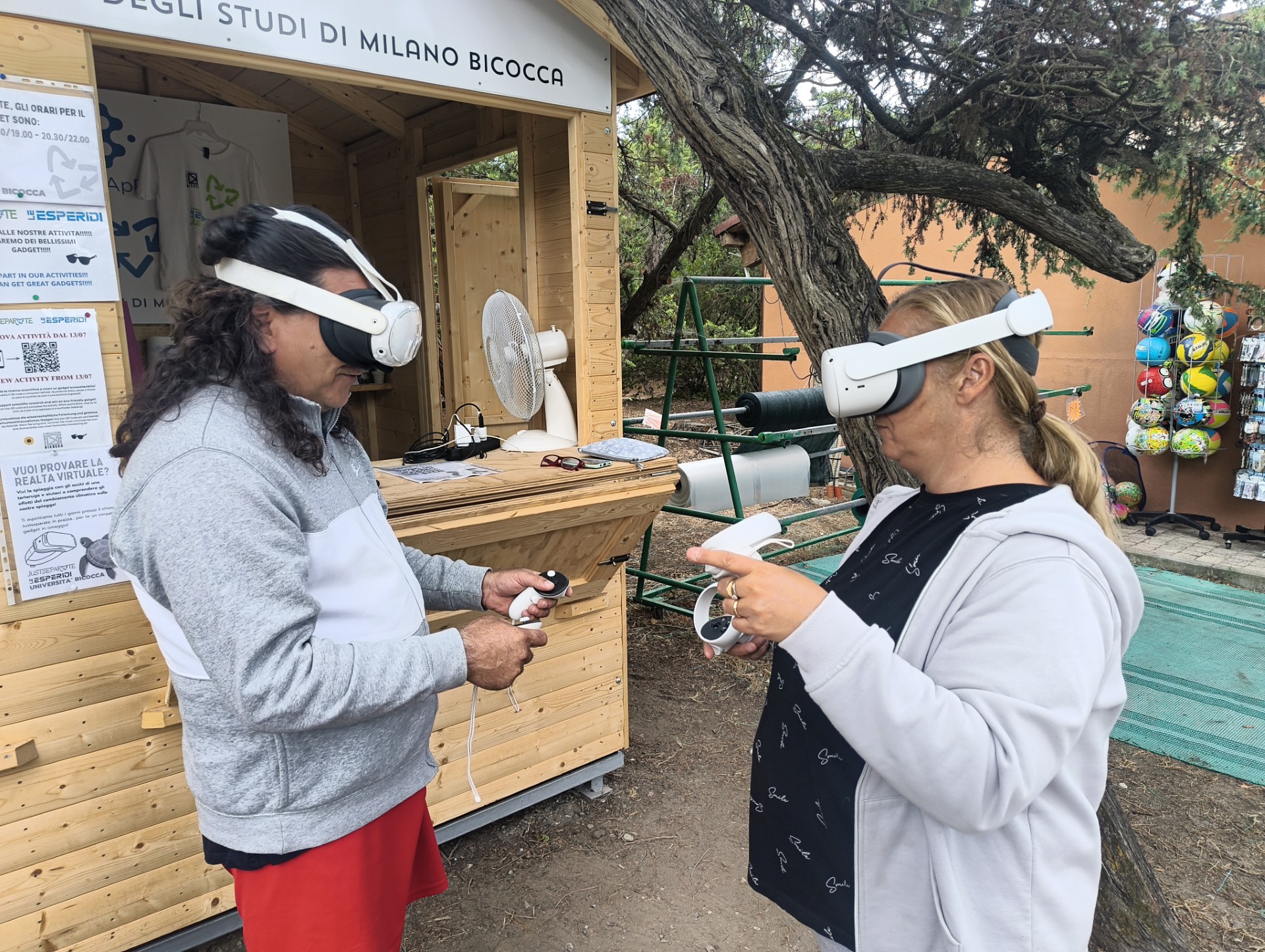
It usually works like that. Mum and Dad accompany their children, and at some point, the classic request of let me try too kicks in…
“And from there, the attitude changed. On the other hand, we weren’t offering half an hour of fun on an inflatable, but something very different. Seeing children as vectors of virtuous behaviors was very interesting. I also emphasize that the ecolab—with a series of games where something educational was conveyed—was also very popular with the little ones. I remember an experience with children in single file to go around the ecological island of bins: everyone was very happy because they wanted to be the first to throw their waste into the correct container. I remember looking behind me and seeing them in single file, happy because they were doing separate waste collection.”
What about adults? The elderly? Where habits are more established, I imagine more work was needed…
“I clearly remember a lady in her eighties who, before giving us some research ideas, asked us for data to understand how many people her age had participated. I remember several of them. But in general, adults and families represent the largest slice of the population that participated in the project.”
Do you want to send a message to the guests of Le Esperidi who contributed to the success of the field research?
“Thanks to the guests of Le Esperidi who collaborated with us in very high percentages, it was an enriching experience both scientifically and humanly. Thanks to the staff members, who in two and a half months did what, under different conditions, would have required two years of work. A sincere thank you also goes to the campsite employees, who never perceived us as a foreign body and gave us great help. And thank you, of course, to Umberto Mannoni, the CEO of Le Esperidi, who always supported and encouraged us, believing in our work.”
Alongside Professor Alessandro Gabbiadini, Professors Silvia Mari and Simona Sacchi, Professors Marco Perugini, Emanuele Preti, and Dr. Francesco Lombardi, several PhD students (Giada Belloni, Valentina De Masi, Francesca Di Napoli, Giulio Fuzzella, Anna Manfredi, Beatrice Zago) and the two thesis students Eleonora Cosma and Francesco della Chiara participated in the research.
Antonio Valentini
